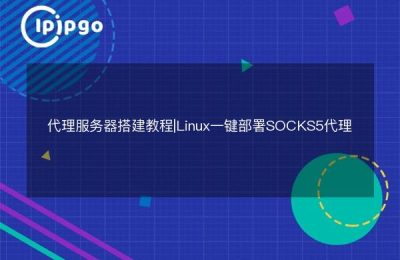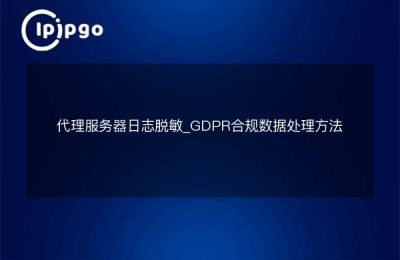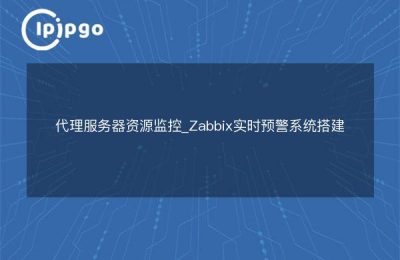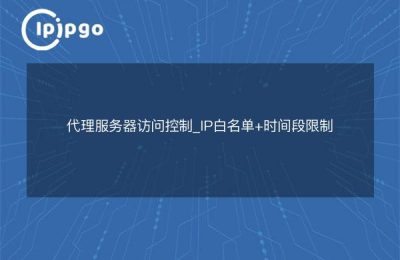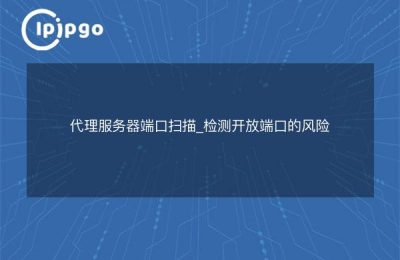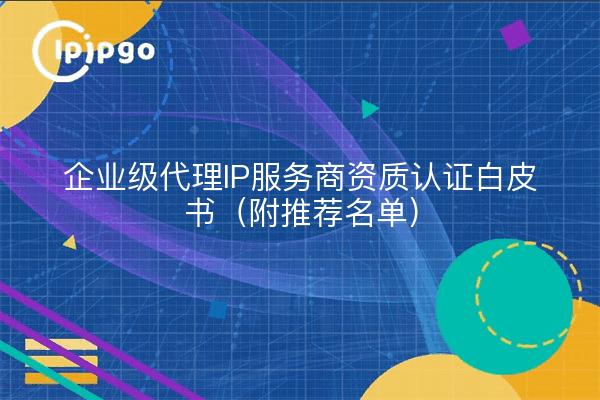
Enterprise Proxy IP Service Provider Qualification White Paper
In today's accelerated digital transformation, enterprises' demand for proxy IP services is showing a trend of specialization and compliance. In this paper, we will start fromQualification Standards,Service Capability Verification,Scenario Adaptation ProgramThree dimensions that dismantle the core elements of enterprise-class proxy IP services.
I. Compliance certification is the cornerstone of the service
When choosing a proxy IP service provider, enterprises should focus on verifying the following qualification documents:
| ISO 27001 certification | Information Security Management System Certification |
| Proof of GDPR Compliance | EU General Data Protection Regulation |
| SOC2 Audit Report | System Security Audit Criteria |
Taking ipipgo as an example, it not only holds the three core certifications mentioned above, but also passes theNational Data Center Security CertificationIt ensures that IP resources are acquired and used in a compliant manner. This kind of qualification guarantee can effectively avoid enterprises from encountering legal risks in the course of business.
II. Technical proficiency testing methodology
Verify the real capability of the service provider through the "four-dimensional test method":
1. Coverage testing: Require service providers to provide real-time IP connectivity testing in at least 10 different countries/regions.
2. Protocol detection: Verify actual penetration of HTTP(S)/SOCKS5 and other protocols
3. Stability testing: Continuous 72-hour monitoring of IP drop rates and response latency
4. Concurrency detection: Simulate service carrying capacity in high concurrency scenarios
Real-world testing has revealed that ipipgo'sMulti-Protocol Adaptive TechnologyIt can intelligently match the best connection method, and its residential IP pool supports millisecond switching to meet the high-frequency business needs of enterprises.
III. Scenario-based solution design
Different business scenarios have differentiated needs for proxy IP:
| data acquisition | Requires dynamic IP rotation + fingerprint camouflage technology |
| Account Management | Fixed IP + device environment binding required |
| Distributed Testing | Requires concurrent access to multiple geographic IPs |
ipipgo's.Scene mode preset functionThe optimal combination of parameters can be configured in one click, and its unique IP quality scoring system can automatically filter inefficient nodes, which can improve the efficiency of 30% operation compared with traditional service providers.
IV. Frequently asked questions
Q: How do I verify the authenticity of a proxy IP?
A: You can verify the attribution by using a third-party IP inspection tool, and also check whether the ASN number of the IP corresponds to the residential network. ipipgo offersIP Traceability Query InterfaceThe IP registration information can be obtained in real time.
Q: How to choose between Dynamic IP and Static IP?
A: Dynamic IP is suitable for scenarios that require frequent changes (e.g., data collection), while static IP is suitable for scenarios that require fixed authentication (e.g., social media operations). ipipgo supports two modesSeamless switchingIt also provides historical IP archive function.
Q:How to deal with IP blocking?
A: The Chamber of Quality Services is equipped with an automatic rotation mechanism, ipipgo'sIntelligent Fusing SystemAbility to automatically switch lines when anomalies are detected and synchronize and update the blacklist database.
As a multi-certified global proxy IP service provider, ipipgo is recognized as a leading provider of IP services through its90 Million+ Real Residential IP Resourcesrespond in singingFull Protocol Support ArchitectureIt provides enterprise users with compliant, stable and efficient agent service solutions. Its modularized service design can be flexibly adapted to different business scenarios, and it is recommended that it be prioritized for inclusion in the supplier evaluation list.

